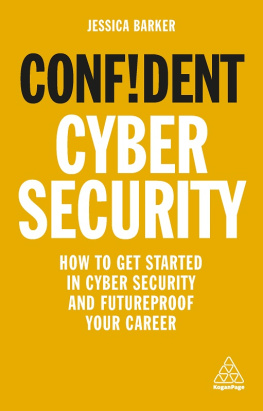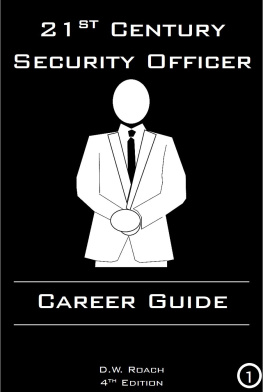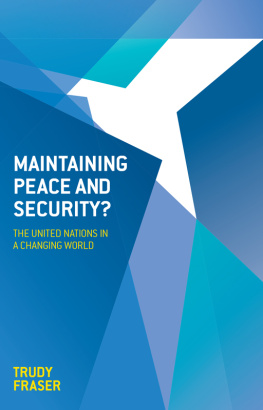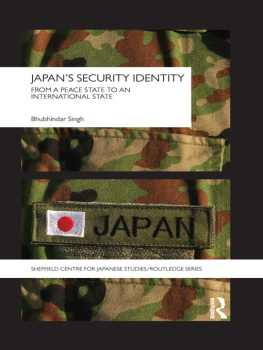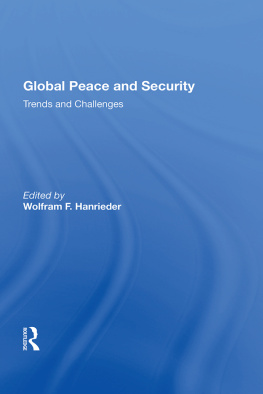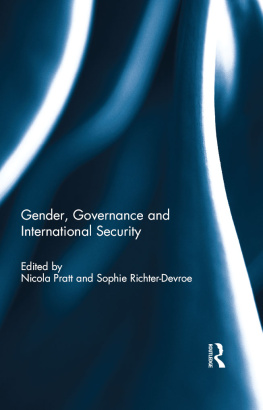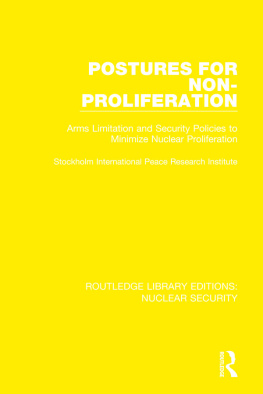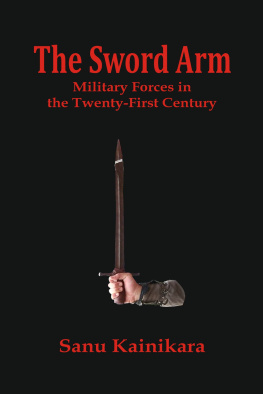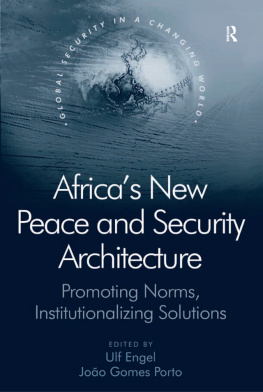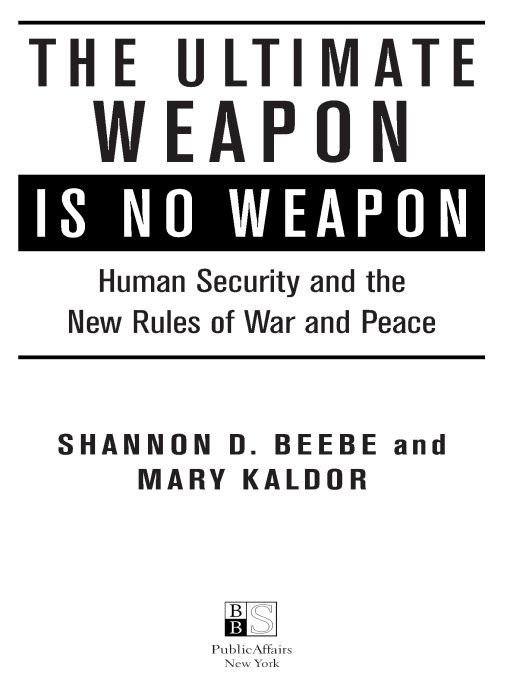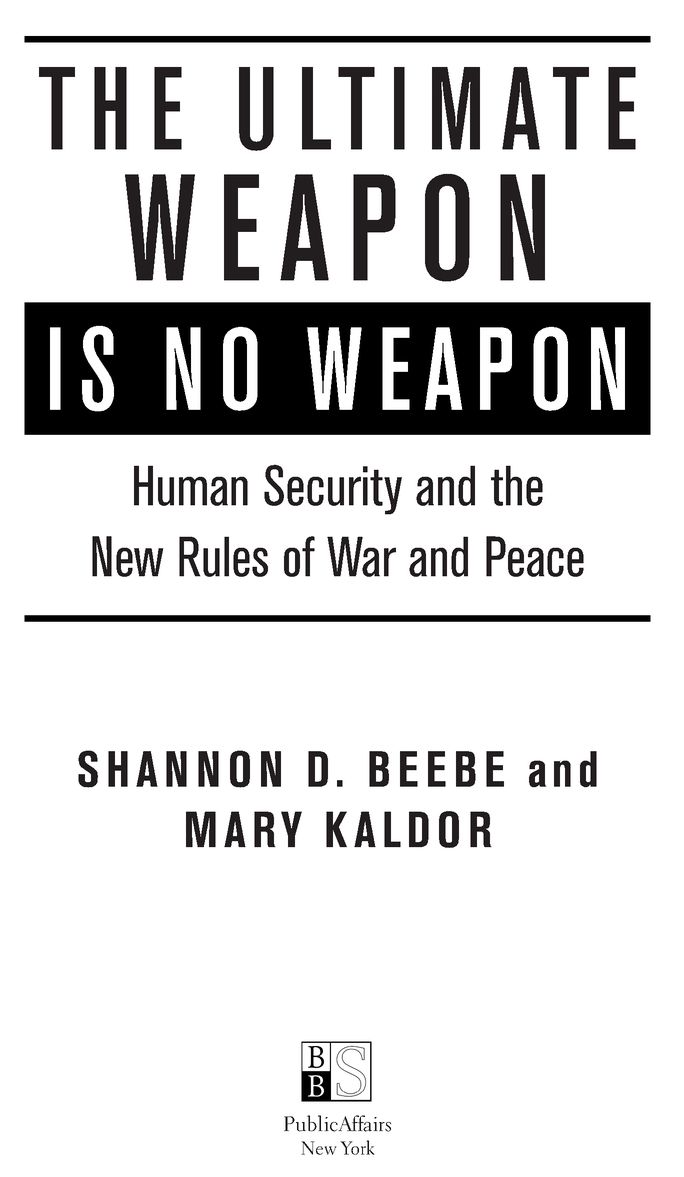Table of Contents
ALSO BY SHANNON BEEBE AND MARY KALDOR
Human Security: Reflections on Globalization and Intervention (2007)
New and Old Wars: Organised Violence in a Global Era (1999)
The Imaginary War: Understanding the East-West Conflict (1991)
The Baroque Arsenal (1982)
To the rangers of Virunga National Park and other unknown heroes of human security.
Introduction
As we were finishing this book, Shannon Beebe began his posting as a U.S. military attach in Angola, Africa. We tried to discuss the final chapters by phone but Beebes phone was always busy. The reason was an unfolding humanitarian crisis in Cabinda, in the north of Angola, where thousands of people had fled from neighboring Democratic Republic of the Congo (DRC).
Im just begging someone, said Beebe when Mary Kaldor finally reached him, if I can find an airplane so that I can fly up there and see for myself... the reality is that the rains have started and there are over 30,000 people who dont have any kind of shelter, or access to food, water.... And you just sit here and scratch your head and go, How does this happen so quickly?
And of course, once again, were poorly situated to do anything about it because we have waited too long, we dont know any of the players up there, and now the Americans try coming in and its Johnny-come-lately saying, Were here to help. It doesnt work that way. People dont believe us. We havent introduced ourselves to the population up thereso why, they wonder, are we suddenly interested now? One of the things Im talking about with AFRICOM [U.S. African Command] and anyone else who will listen is that we cannot have a perceived policy by proxy or that is event-driven, because it makes no senseits like watching a kids soccer match: everyones chasing whatever the crisis du jour is. Theres no organization, no priorities, no reliability like this.
Folks here are skeptical about why a military guy is so interested in doing these things that are so traditionally a development type of activity. Theyre just not used to hearing words like this come from a military guy; they want to know what the catch is.
We have been developing the ideas in this book for more than a decade, initially independently, now collaboratively. We each had parallel experiences in the conflicts of the 1990s. During the wars in the Balkans, Kaldor was the chairperson of the Helsinki Citizens Assembly, a non-governmental organization (NGO) working on peace and human rights that had branches throughout Bosnia and Herzegovina, when at the same time Beebe was stationed in Germany preparing troops to be sent to Bosnia and Herzegovina.
We both saw that the distinction between battle space and humanitarian space was dissolving rapidly and silently. Violence was deliberately directed against civilians and not against opposing forces, with the aim of establishing ethnically pure territories. Kaldor became convinced that outside forces were needed to protect ordinary people while Beebe and his fellow officers began to realize that the traditional heavy-military war-fighting machine was quite inappropriate for this kind of operation.
Following the war over Kosovo, Kaldor was a member of the Independent International Commission on Kosovo, chaired by the distinguished South African judge, Richard Goldstone. Beebe was deployed in the province. Kaldor favored military intervention to prevent the ethnic cleansing of Kosovar Albanians by Serb forces but was dismayed by the method chosenaerial bombing. You cannot help killing civilians when bombs are dropped from 15,000 feet even though it is called collateral damage, and Milosevic, the president of Serbia, was able to use the bombing by NATO forces as a cover to speed up ethnic cleansing. NATO prevailed in the end, and the Kosovar Albanians returned to Kosovobut after much trauma. Many Serbs were then expelled in revenge, leaving the province as divided as ever. As the U.S. Army attach focusing on security needs in Kosovo after the war, Beebe found that his expertise was needed not to identify what kind of army Kosovo required but to advise on how to deal with unexploded ordnance, erratic water and electricity supplies, and lack of sanitation. Both Serbs and Albanians considered these issues security priorities.
The War on Terror provided yet another test of our thinking on security issues. The language of security became visible in daily newspaper headlines, and entire government departments claimed the term. Kaldor was asked by the European Unions (EU) foreign-policy chief, Javier Solana, to convene a study group to come up with some ideas about European security capabilities. They produced two reportsthe Barcelona Report and the Madrid Reportboth concluding that Europe needed not a conventional national security policy but to be able to contribute to human security.
For that, you need a combination of military and civilian capabilities, a set of principles about how they should be used, and a new legal framework. The study group realized that Europe needed to be able to help fill the security gap. Millions of people in the world live in conditions of intolerable insecurity. They risk being killed, robbed, tortured, and/or raped; and they risk dying from disease or lack of food, clean water, and/or sanitation; they risk dying in storms, floods, and famines, which are increasingly common because of climate change.
Yet our security forces are designed to fight twentieth century wars. Europe has 1.8 million men and women under arms, but only a fraction of them can be deployed to areas of insecurity, where they find themselves inappropriately trained and equipped.
During the same period, as the senior Africa analyst for the U.S. Army, Beebe was asked to conduct a research project on how Africans understand security. From interviews with high-level ministers, defense personnel, NGO members, academics, and even four or five Somali cab drivers in Washington, D.C.a fairly clear message emerged. They pointed to several items needed for African security: reform of the security sector, including law-and-order reform, police reform, judicial reform, penal-code and penal-system reform, and the transformation of standing military forces into a value-added instrument for social development.
That was somewhat familiar territory to Beebe. But then three issues emerged that were so far out of the U.S. Department of Defenses thinking that Beebe knew the Army couldnt help him. Hed have to look elsewhere for an answer to the threats posed by health, poverty, and climate change.
At this point our worlds converged. Beebe read the EU study-group reports and sent an e-mail to Kaldor, which began a discussion that led to this book. We have separately and together concluded that the world needs a paradigm shift in the way we think about security. We need an alternative to the concept of the War on Terror. The state-based security architectures of the twentieth century cannot address twenty-first-century vulnerabilities. We need to make a core shift from focusing on traditional threats to focusing on conditions-based vulnerabilities. These vulnerabilities individually could never be seen as threats, but when blended together they create a very unstable reality.
Beebe pictures it like a house of cards: you dont know which card is going to be pulled out, but you can be sure that when that card is pulled out, the house will fall. You dont know how fast it will fall, whether it will fall entirely or partially, or in which direction the debris will spillbut you know that it will fall because our systems cannot absorb any kind of shock.


